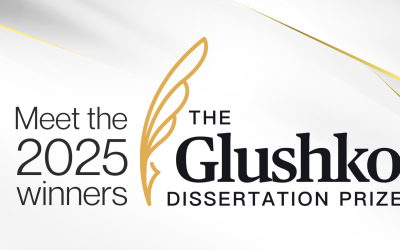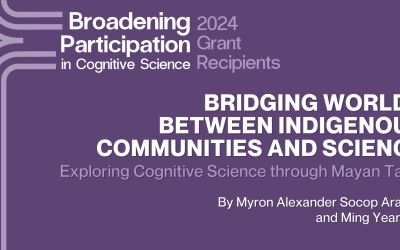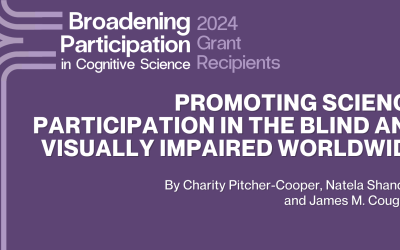The Cognitive Science Society would like to honor the next generation of cognitive scientists by highlighting this year’s Robert J. Glushko award winners.
Each year, undergraduate students across many universities are selected for Robert J. Glushko awards for academic excellence in Cognitive Science. The purpose of these awards is to recognize students’ accomplishments and to encourage their pursuit of interdisciplinary questions about the mind.
We asked a sample of award winners to share their research interests, and how they got into Cognitive Science. We invite you to learn about these great students and their research in the below bios.
A special thank you to Dr. Robert J. Glushko for his generosity in funding these awards.
2023 Glushko Undergraduate Award Winner Highlights
(Alphabetized by Last Name)
 Zachary Bricken
Zachary Bricken
The University of Texas at Austin, 2023
Research interests: My research focused on children’s conceptual understanding of possibility and how virtual reality can affect their conceptions. My cognitive and developmental interests include children’s conceptual understanding of current and emerging technology, such as artificial intelligence and virtual reality, and how it affects their cognitive development. In addition, my clinical and health interests include how we can utilize similar technology to better child and adolescent health outcomes. In my undergraduate thesis, I studied how children conceptualized improbable and impossible events in a virtual reality space and how the virtual environment affected their beliefs.
Path to Cognitive Science: My interest in children’s cognitive development began after joining Dr. Jacqueline Woolley’s Imagination and Cognition Lab at the University of Texas at Austin where I learned and studied many fascinating developing concepts, such as the fantasy-reality distinction, religious cognition, luck, and possibility.
 Jason Li
Jason Li
MIT, 2023
Research interests: My research interests lie at the intersection of cognitive science and artificial intelligence. I am interested in how we can use machine learning tools like neural networks as in silico models for probing various aspects of human cognition, such as eye movements and visual attention.
Path to Cognitive Science: Since childhood, I have been fascinated by the workings of biological organisms, including those of the brain. However, it was not until joining a cognitive science lab as an undergrad that I delved deeper into the field and realized the enormous potential for computational modeling to help us understand the brain, one of the last frontiers of science.
 Julia Ongchoco
Julia Ongchoco
University of Pennsylvania, 2023
Research interests: My main research focuses on the intersection of language and the mind, specifically how words can shape and shift our representations of sounds in time. I’m fascinated by how language can shape our experience of the world, and hope to continue exploring the various intersections of cognitive science, language, and art through the medium of film.
Path to Cognitive Science: I’ve always loved to tinker with Legos as a child and discover the intricacies of how the world works through mini experiments at home with my family. When I got to university, the interdisciplinary nature of cognitive science immediately captivated me, but it was during conversations with my now collaborator, Tyler, at our weekly tea and snack gatherings by the biopond hosted by our department, that my research interests truly came to life.
 Rohan Pandey
Rohan Pandey
Carnegie Mellon University, 2023
Research interests: How is sentence meaning learned, represented, and conveyed? My work leverages approaches chiefly from deep learning but with considerable theoretical basis in psycholinguistics, neuroscience, and Indian philosophy to explore questions of compositional structure & perceptual grounding in the neural representations of language models.
Path to Cognitive Science: My interest in language was kindled by conlanging and historical linguistics in middle school, leading eventually to my discovery of the huge corpus of research done by Indian philosophers of mind over the past three millennia. Their work served as a source of purpose as I applied my computational skills to explore the brain and language.
 Lindsay Shi
Lindsay Shi
Northwestern, 2023
Research interests: My research resides within the realm of cognitive neuroscience—a discipline that illuminates the neural underpinnings of cognition through exploring how brain functions give rise to mental processes. I’m particularly interested in the network-level basis of cognitive functions such as memory and cognitive control, striving to decode the intricate interplay within brain networks that orchestrates these complex tasks. Moreover, I am driven to explore the implications of these mechanisms in neurological and psychiatric disorders, investigating what happens when these crucial functions go awry.
Path to Cognitive Science: My journey towards Cognitive Science was sparked by a myriad of intriguing courses ranging from behavioral neuroscience and developmental psychology, to philosophy of mind and psycholinguistics. I was thrilled to discover the Cognitive Science major, a field that seamlessly integrates these diverse disciplines, providing a comprehensive platform for understanding the complexities of the human mind.
 Zihan Wang
Zihan Wang
Johns Hopkins University 2023
Research interests: I am interested in learning and development across physical, social, and logical domains. My research focuses on how humans learn and generalize knowledge through communication and interaction in these realms. I also investigate the role of logical representations and compositional rules that combine primitive operations in supporting learning. By combining theoretical insights from cognitive science with empirical data from developmental psychology, I aim to construct computational models that simulate and explain human learning processes.
Path to Cognitive Science: I have always been interested in the brain sciences. Through my first introductory class in cognitive science at Hopkins, I got exposed to this fascinating field. By exploring the different tracks in cognitive science and speaking with upperclassmen in the society, I found a great way to combine my majors in computer science, applied math/statistics, and cognitive science. This integration allows me to further pursue research in developmental psychology and computational cognitive science.
Congratulations to all Robert J. Glushko award winners!
If you are one of this year’s Glushko award recipients, we encourage you to celebrate your achievements. Make a Twitter thread about yourself similar to these student’s highlights and use the hashtag #CogSciGlushkoUgrad
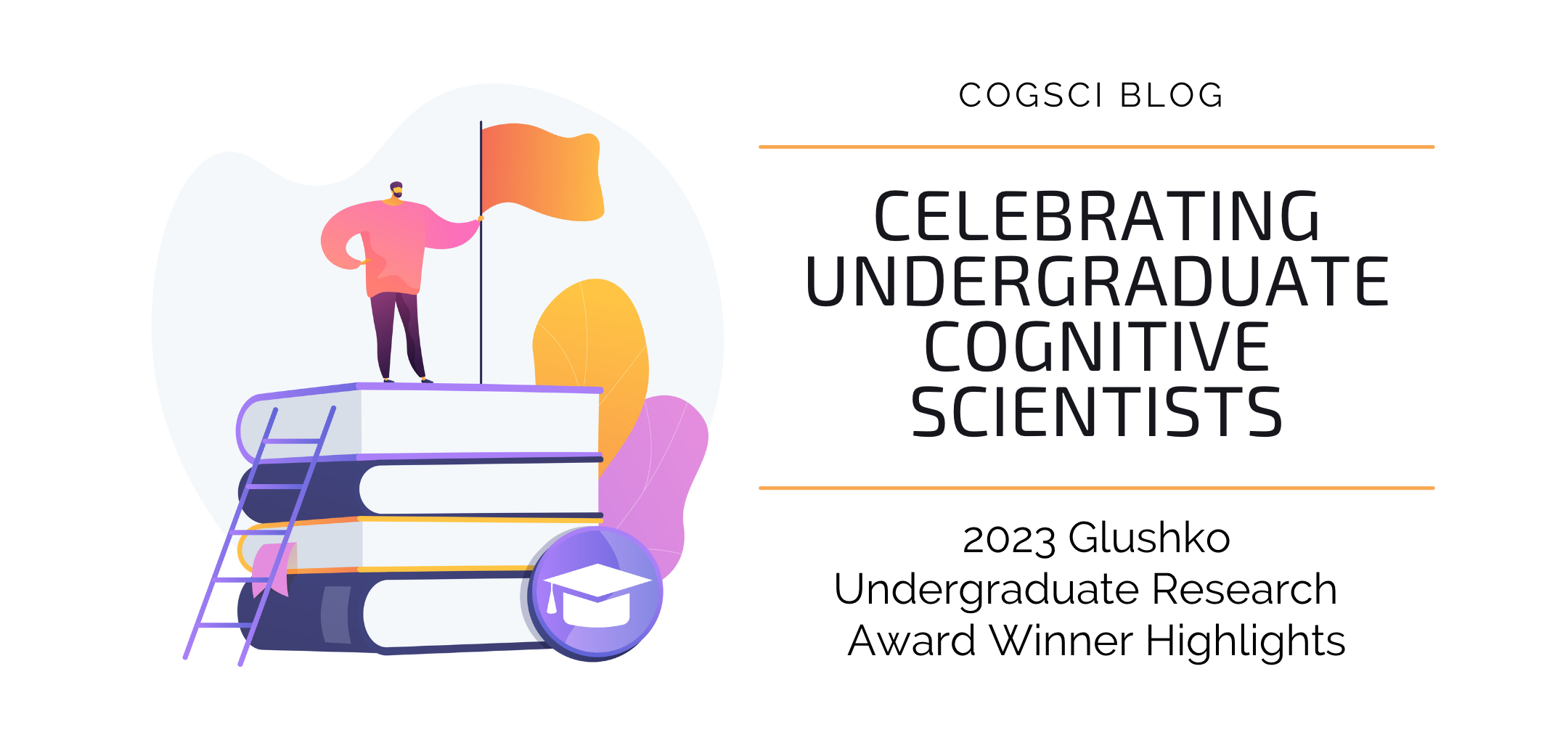
 Zachary Bricken
Zachary Bricken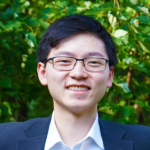 Jason Li
Jason Li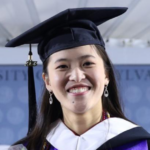 Julia Ongchoco
Julia Ongchoco Rohan Pandey
Rohan Pandey Lindsay Shi
Lindsay Shi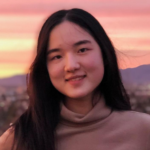 Zihan Wang
Zihan Wang